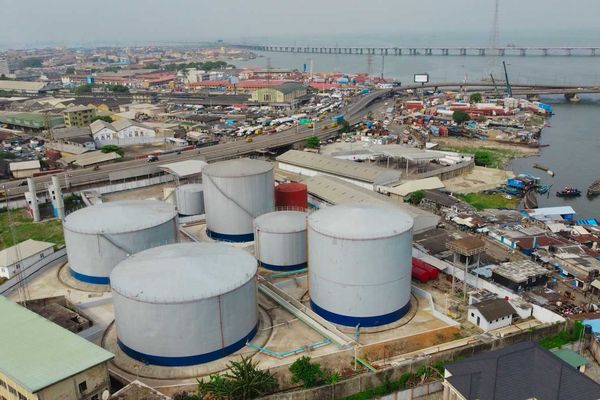soil pollution
Credit: Imkara Visual For Unsplash+
Pitted against waste
East Texans are uniting to fight oil waste pits in bucolic areas near the Louisiana line—all run by an operator who’s been cited for dozens of violations and a worker’s death.
Credit: Photo by Vitalis Nwenyi on Unsplash
Ogonis wary of more oil drilling in Niger Delta
Whispers of renewed oil drilling in the Niger Delta may promise prospects for much-needed infrastructure and job creation. But oil extraction is also blamed for impoverishing the area through environmental devastation.
Newsletter
Photo by Greg Bulla on Unsplash
California’s drying Salton Sea harms the lungs of people living nearby, say researchers
Experts suspect that dust from the sea contains endotoxic bacteria membranes caused by fertilizer runoff.
Credit: Photo by Acton Crawford on Unsplash
For many disabled fire victims in Los Angeles, a continuing trauma
“Inflammation from these exposures is not just about cancer or asthma,” says one advocate for disabled people. “It’s neurological, it’s everything.”
Top Story
Credit: Imkara Visual For Unsplash+
Amazon oil drilling undermines Brazil’s climate credibility before COP30
Brazil, which is hosting the 30th U.N. Climate Change Conference this month, wants to show the world it is a leader in safeguarding the planet. Its record tells a more complicated story.
Newsletter
Credit: Photo by Strange Happenings on Unsplash
The only National Parks employee who tracks leaky oil wells is out of a job
Forrest Smith was forced to step down last month as the National Park Service’s chief petroleum engineer. He wasn’t replaced.
Credit: Fellipe DitadiFor Unsplash+
What to know about uncontacted Indigenous peoples and efforts to protect them
A report says at least 196 uncontacted Indigenous groups remain worldwide and face growing threats from logging, mining, missionaries and organized crime.
ORIGINAL REPORTING
MOST POPULAR
CLIMATE















